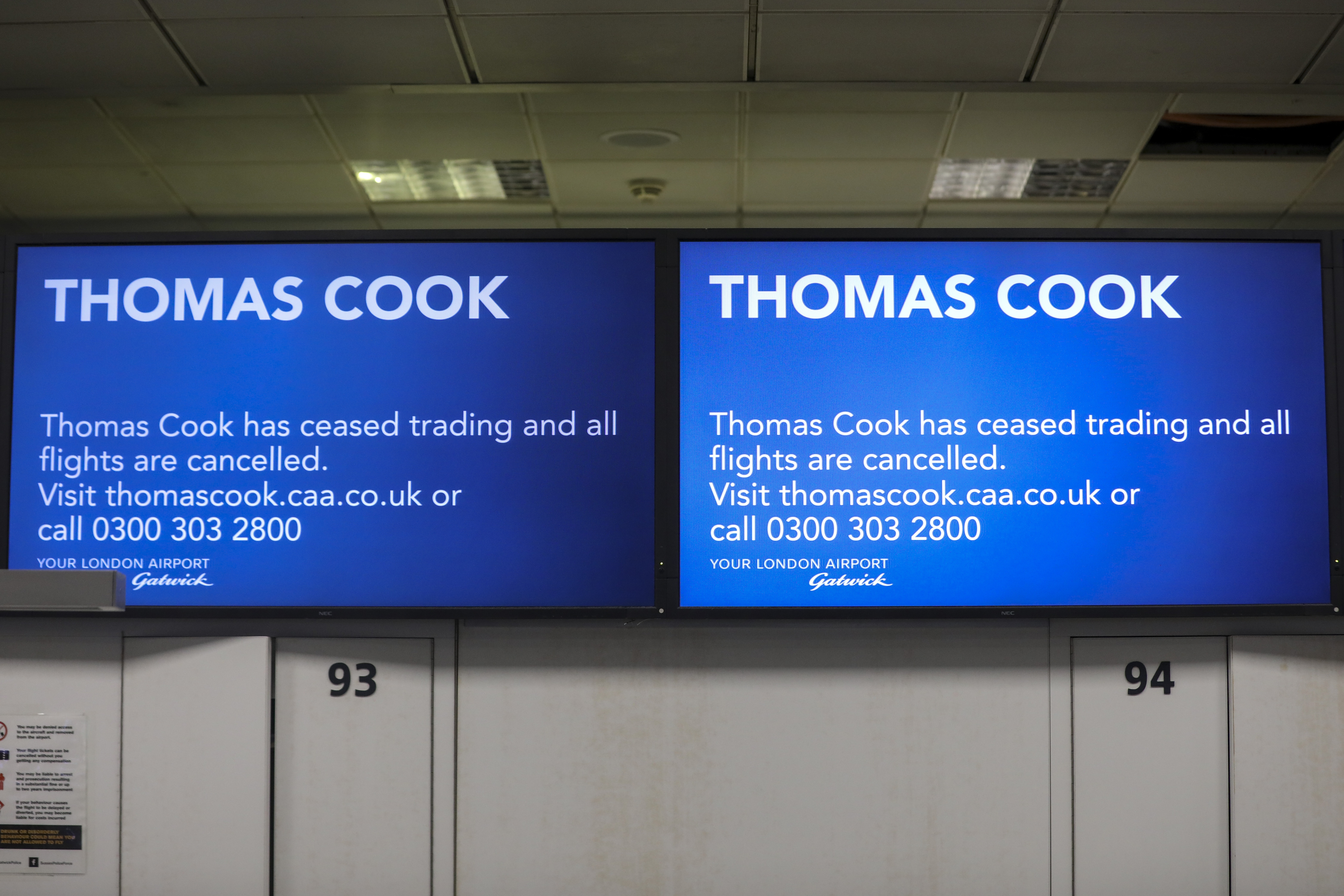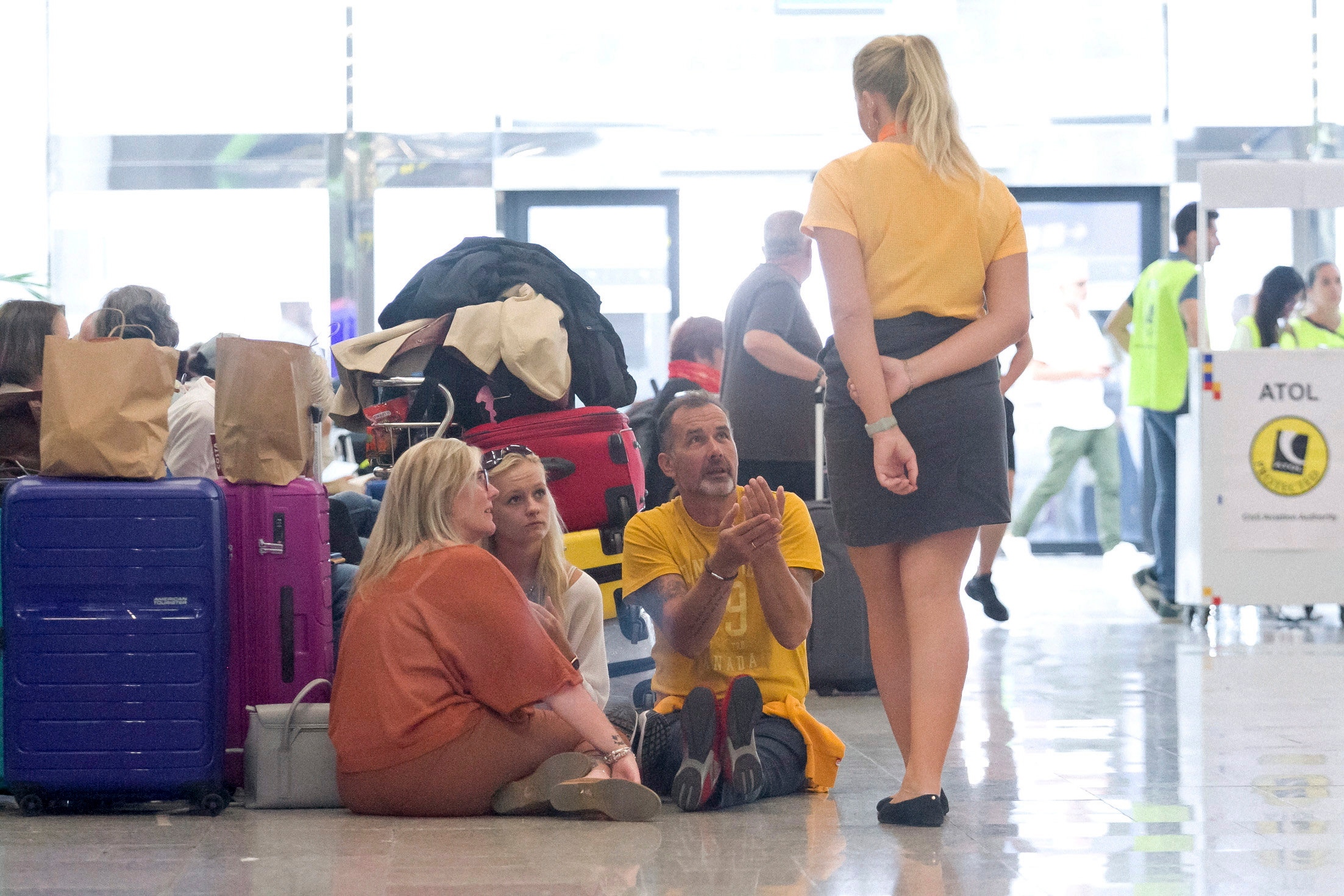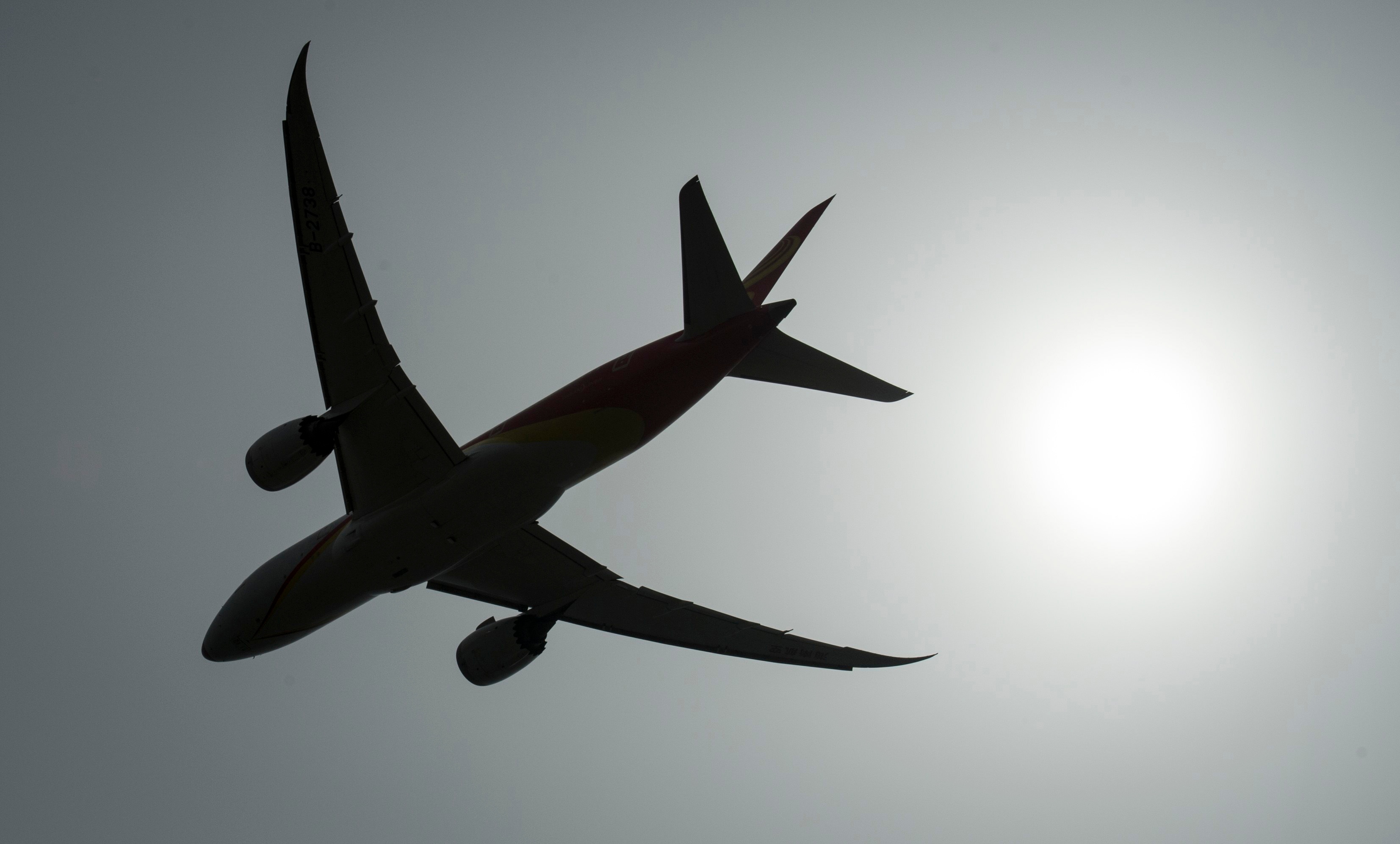Sep 23, 2019
Thomas Cook collapse leaves thousands stuck as rescue fails
, Bloomberg News
Thomas Cook files for bankruptcy, stranding thousands of travellers
Thomas Cook Group Plc collapsed under a pile of debt after talks with creditors failed, forcing the British government to charter planes to bring home more than 150,000 of the storied travel provider’s stranded customers.
The 178-year-old U.K. company filed for insolvency early Monday after eleventh-hour fund-raising talks with investors led by China’s Fosun Tourism Group failed. The move saw all bookings, flights and package tours canceled, sparking online panic for travelers. In what it called the “largest repatriation in peacetime history,” the government said it would work to return travellers over the next two weeks free of cost.
The company is the highest-profile casualty of a decades-long shift in the travel business. The rise of discount airlines and online booking platforms has encouraged sun-starved Europeans to spurn package-tour operators and arrange their own trips, while the highly seasonal industry has suffered shocks ranging from terrorism to political turmoil.
Trading in Thomas Cook’s stock was suspended in London and its euro bonds plunged 72 per cent. Shares of German rival TUI AG rose as much as 11 per cent, while British Airways parent IAG, Easyjet Plc and Ryanair Holdings Plc got a boost from the prospect of flying home stranded passengers at the U.K. government’s expense, as well as increased bookings down the road.
Condor, Thomas Cook’s German airline, said it will keep operating flights and has applied for a bridge loan from the German government. The company’s German tour operating arm said it’s sounding out “final options” and warned that it might have to file for insolvency, too.
The demise of one of the U.K.’s best-known brands, leaving more than 21,000 jobs at risk, caps months of talks with its investors. Fosun, which owns the Club Med resort chain, proposed a US$1.1 billion bailout in exchange for control of Thomas Cook’s tour operations and a minority stake in its airline. Last week, the London-based company said it needed 200 million pounds (US$250 million) more, prompting its rescue prospects to unravel.
“Although a deal had been largely agreed, an additional facility requested in the last few days of negotiations presented a challenge that ultimately proved insurmountable,” said Chief Executive Officer Peter Fankhauser.

Thousands Stranded
Travelers on Thomas Cook vacation packages and flights were advised by the British government not to cut short their trips, with the civil aviation regulator planning to repatriate customers as close as possible to their booked return date. The government will also cover the cost of accommodation for Thomas Cook customers.
AlixPartners LLP was named an adviser and will work with the aviation authority to bring customers back to the U.K.
The collapse deals another blow to the European travel sector, just months after the bankruptcy of Icelandic budget airline, Wow Air. The carrier shut down its operations in March due to lack of financing, leaving 2,700 fliers stranded and hurting the country’s economy. Two years ago, Monarch Airlines, a U.K. carrier that unsuccessfully tried to switch from charter to scheduled low-cost operations, collapsed.
Fosun Tourism Group said in a statement Monday that it was “disappointed” Thomas Cook was unable to find a solution. Its shares dropped as much as 5.5 per cent in Hong Kong.
“Fosun confirms that its position remained unchanged throughout the process, but unfortunately other factors have changed,” the company said. “We extend our deepest sympathy to all those affected.”

Hedge Funds
The last-ditch rescue bid proposed swapping existing debt into shares, leaving Fosun holding the majority of Thomas Cook’s tour-operating business while creditors would have controlled its airlines. The company had almost 2 billion pounds of debt as of March 31, according to data compiled by Bloomberg.
But the challenges eventually proved insurmountable. A group of hedge funds organized to block the plan because it would stop them from cashing in on holdings of swaps that pay out when a company defaults on its debt. There was also concern that customers would avoid Thomas Cook for fear the company wouldn’t be around to honor their bookings.
The U.K. government pushed back Sunday against suggestions it should step in to rescue the company, with Foreign Secretary Dominic Raab saying there was no strategic national interest for doing so.
Prime Minister Boris Johnson defended the decision to refuse a government bailout that he said had been requested, worth about 150 million pounds.
“That’s a lot of taxpayers’ money,” he told reporters on his way to New York for the United Nations General Assembly. “It sets up a moral hazard.”
The Transport Salaried Staffs’ Association blamed “reckless actions of the creditors” for the collapse. The labor union for workers in the travel industry said it’s seeking an urgent meeting with administrators to sell the company as a going concern.

Train Trips
Founded in the 1840s by a Victorian entrepreneur of the same name, Thomas Cook started out by running train trips through the English Midlands. The business expanded as Britain’s growing middle class discovered they had more time -- and money -- to discover the delights of continental Europe.
Briefly absorbed into the state rail company soon after World War II, the company got its biggest boost in the 1970s and 1980s as Britons sought the sun on a cheap budget. The ad slogan “Don’t just book it, Thomas Cook it” entered the national psyche.
But Thomas Cook labored under its large debt burden and the costs associated with maintaining a high-profile presence in Britain’s provincial towns. Nimbler online rivals ate into the company’s core business and a succession of turnaround plans failed to stick, while the sluggish European vacation market and uncertainty over the economic impact of Brexit crimped demand more recently.
The slowing global economy and signs of a pullback in Chinese tourist travel may have prevented Fosun Tourism from upping its bailout package. The company, which bought into Thomas Cook in 2015, “is probably concerned about spending too much to get too little on their investment,” said Andrew Collier, managing director of Orient Capital Research in Hong Kong.
“This marks a deeply sad day for the company which pioneered package holidays and made travel possible for millions of people around the world,” CEO Fankhauser said Monday.
--With assistance from Shirley Zhao, Vivianne Rodrigues, Luca Casiraghi, Richard Weiss and Siddharth Philip.
HAVE YOUR SAY




